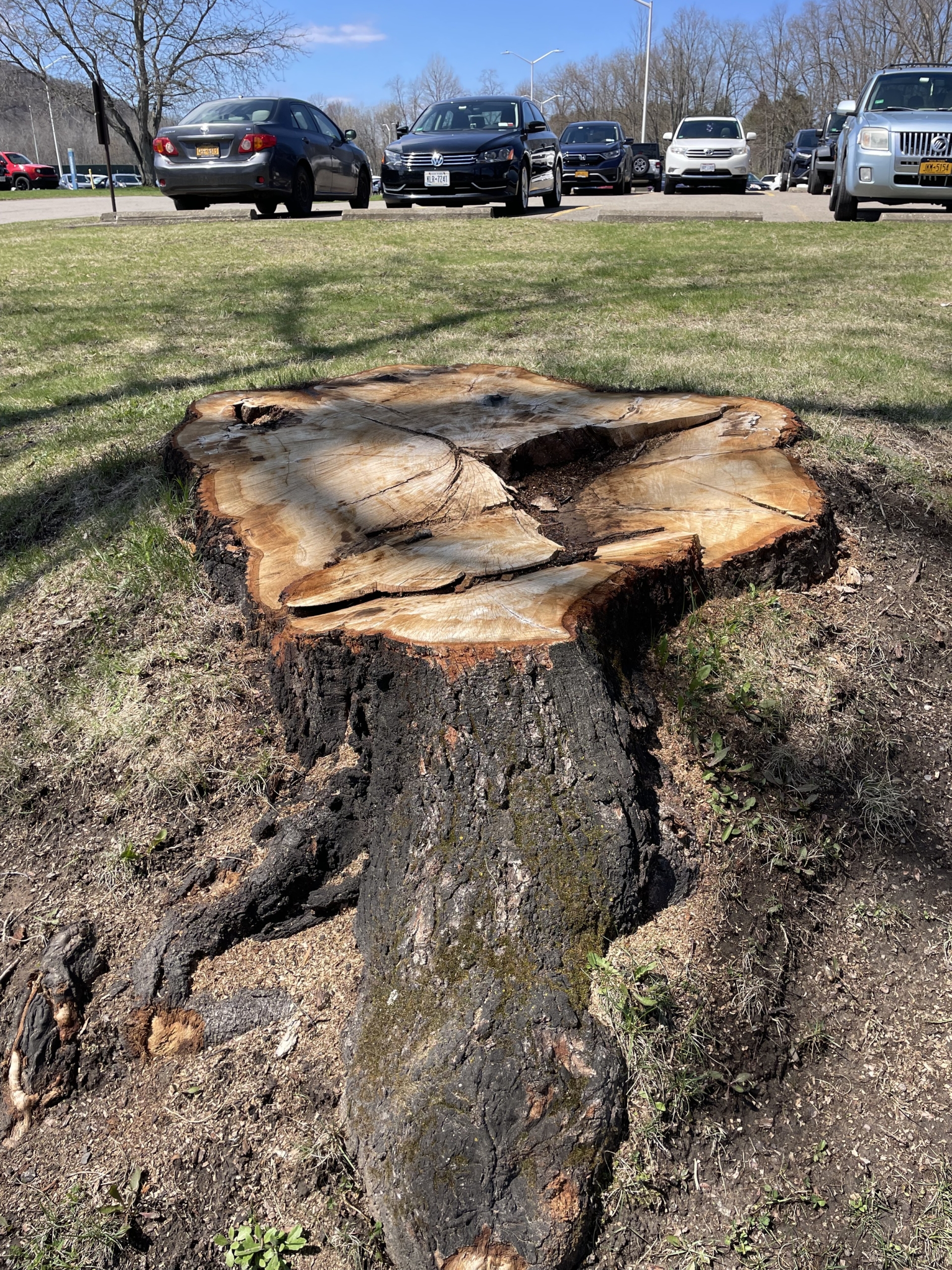On Monday night, Dr. John Soder held a lecture in the Walsh Auditorium discussing St. Bonaventure football and the illustrious history that surrounded it.
In 1946, the St. Bonaventure’s College football team signed former Notre Dame head coach, Hugh Devore. The signing immediately thrusted the college’s football team into the national spotlight, earning praise from national news organizations like “The New York Times” and “The Associated Press.”
“The New York Times” wrote, “St. Bonaventure College made a bid for gridiron fame today by signing Hugh Devore as head football coach.”
The team had not played since 1943 due to World War II and only won two games when it last participated; the players played their games at Olean High School’s football stadium and had only seemed to be a small Catholic college in the foothills of the Allegheny River. Signing such a high-profile coach such as Devore was a huge boost for St. Bonaventure.
Devore led the Fighting Irish Football to a 7-2-1 mark as they were one win away from being crowned national champions. Although he was only in South Bend, Indiana for one year, Devore was touted as one of the premier coaches in all of college football.
At Devore’s introductory dinner at the Hickey Fred Forness, three-time mayor of Olean, donated $100,000 for the construction of a brand new football stadium, eventually named after him, and instantly, Bona’s football became a sensation. Devore had brought along star running back Phil Collela from Notre Dame. He also groomed quarterback Dave Curtin into one of the best in Bona’s football history. Throughout his four years coaching at the college, Devore posted a 25-9-1 record, the best winning percentage in Bonaventure football history.
Devore left after the 1949 season due to financial disagreements with the college’s new president, Rev. Juvenal Lalor. He moved on to become the Head Coach for New York University, The Green Bay Packers, The Philadelphia Eagles and a return to Notre Dame. Despite Devore’s lionized career, he is absent from the St. Bonaventure Athletic Hall of Fame.
Shortly after Devore’s departure from Bonaventure, the school earned the title of “university” rather than “college.” Soder attributes this accomplishment for the school because of the publicity and revenue that the Brown and White were able to bring in after the war.
Devore also recruited wide receiver Jack Butler who would go on to become an NFL Hall of Famer playing for the Pittsburgh Steelers. Over his nine-year career, the wide-out turned linebacker amassed 52 interceptions and at the time had the second-most interceptions in NFL history. In 2007, he was named to the Steelers All-Time Team, and in 2012 he was elected to the Pro Football Hall of Fame in Canton, Ohio.
While Butler was the most famed football alumnus from the school, another former player should have just as much attention. Ted Marchibroda, former quarterback for the Brown and White, went on to have an illustrious career as an NFL head coach after a devastating knee injury ended his playing career in 1957.
Marchibroda started his coaching career as an assistant in 1961 for the Washington Redskins. After climbing the ranks of several different coaching staffs, he was finally hired for his first head coaching job in 1975 with the Baltimore Colts. After five years and a .554 winning percentage, he was let go after only three playoff appearances— losing in the divisional round all three times.
In 1992, he was rehired to the Colts— this time in Indianapolis— but had a losing record, .469 in four years. His final head-coaching job was with the expansion team from Baltimore, the Ravens. Because of the brand new team, the Ravens only accumulated a winning percentage of .344.
While his head coaching record is nothing to be galvanized, his accomplishments go beyond the numbers. Marchibroda gave Bill Belichick his first coaching job in the NFL, where he worked as an assistant for the Cleveland Browns.
After Marchibroda’s death in 2016, Belichick said in an interview, “It is with a real-heavy heart that I stand here. I wouldn’t be here if it wasn’t for Ted Marchibroda. He gave me a great opportunity. I learned so much from him. A lot of X’s and O’s, but it really wasn’t the X’s and O’s. It was a lot more about just being a football coach, being a professional coach, preparation, work ethic, dependability, what goes into having a good football team.”
Marchibroda also was influential in the commonly used “hurry-up offense” in today’s football. During his last go-around as a head coach in Baltimore, he drafted Hall of Famers Jonathan Ogden and Ray Lewis, pinnacle pieces to their 2001 Super Bowl victory. He is in the Indianapolis Colts’ Ring of Honor and the National Polish-American Sports Hall of Fame.
Unlike Devore, Marchibroda is in the university’s athletic Hall of Fame but seems to be missing from the Pro-Football Hall of Fame in Canton despite his numerous accomplishments. Both Devore and Marchibroda should be celebrated for their countless achievements.
Bonaventure should show pride in the golden age of the Brown and White football team lead by Devore, and the National Football League should recognize one of the most influential coaches in football history.
By Matt Villanueva, Opinion Editor
villanjv18@bonaventure.edu



